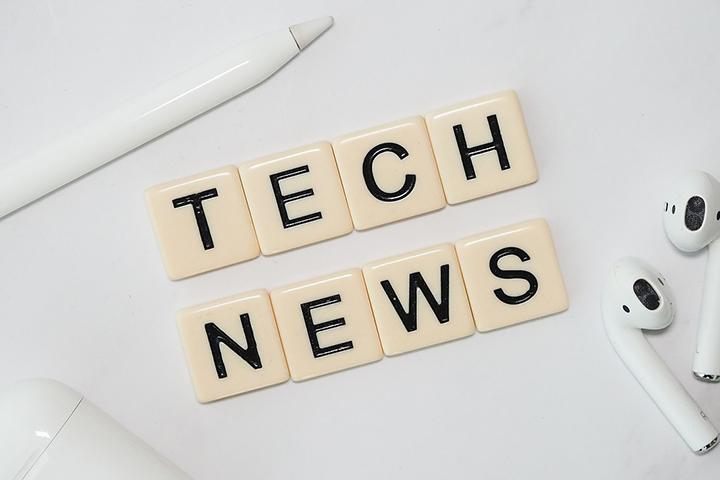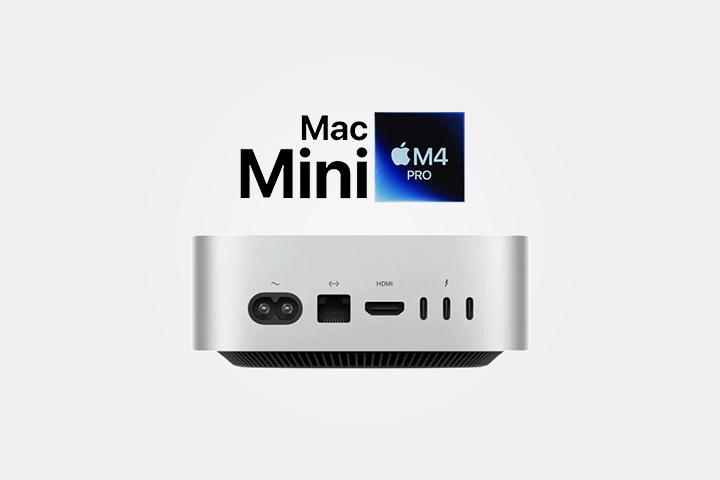Qualcomm’s Architectural License at Risk Amid ARM’s 60-Day Termination Notice
In a surprising twist, ARM has issued a 60-day termination notice to Qualcomm, signaling potential cancellation of Qualcomm’s architectural license. According to Bloomberg, the notice stems from alleged trademark infringement and a breach of contract dating back to 2022. With nearly all of Qualcomm’s products based on ARM architecture, the loss of this license would be a massive blow. This news shook the market, causing Qualcomm’s shares to drop by 3% and ARM’s by 6.4%, reflecting investors’ concerns about the broader implications for both companies. ARM has already been suing Qualcomm over this dispute, with a court trial set for December 16th—just days before ARM’s new deadline.
The disagreement traces back to Qualcomm’s 2021 acquisition of the server CPU startup, Nuvia. Both Qualcomm and Nuvia held individual ARM licenses at the time, but ARM claims that Nuvia’s license, along with its chip designs, were non-transferable. ARM insists Qualcomm was obligated to renegotiate the terms after acquiring Nuvia. However, Qualcomm proceeded to integrate Nuvia’s technology into its Snapdragon X series laptop chips, sparking a clash with ARM. Some observers suggest ARM’s timing with this recent termination threat may be a push to pressure Qualcomm toward a favorable resolution.
Intel and Samsung’s Possible Foundry Alliance Against TSMC
On a different note in semiconductor news, Intel has reportedly proposed a foundry alliance with Samsung, aiming to take on industry giant TSMC. Intel and Samsung, both TSMC rivals, stand to benefit from an alliance that could allow them to share facilities or collaborate in R&D. Currently, Samsung holds an 11.5% share in the foundry market, while Intel’s foundry division lags behind. Meanwhile, TSMC maintains a staggering 62.3% market share and dominates advanced semiconductors with a 92% share. Although Samsung is in a better position than Intel, a collaboration could offer advantages for both companies in their competition with TSMC.
However, TSMC has faced recent challenges, such as concerns over U.S. export restrictions. TSMC informed the U.S. government that certain chips had appeared in high-end Huawei devices, potentially violating restrictions. Both TSMC and Huawei deny collaborating, and TSMC even halted shipments to the client linked to these chips in mid-October. While TSMC’s response suggests innocence, industry insiders are skeptical, noting that this is not the first time trade bans have raised concerns in global tech.
AI Developments and Rising Surveillance Concerns
In AI news, Anthropic has introduced a new tool called “Compute Use,” allowing its Claude chatbot to execute multi-step tasks by remotely operating a user’s mouse and keyboard. While this may be a predictable advance in AI, some compare it to a scene from Black Mirror. Nonetheless, Microsoft and OpenAI announced a $10 million initiative to encourage local media outlets to integrate AI tools into their newsrooms. Critics have pointed out the irony of essentially bribing news organizations to adopt the technology. Google, on the other hand, has expanded access to its SynthID developer tool, which watermarks AI-generated content to help distinguish it from human-made material.
Meanwhile, Tesla is facing a lawsuit from Alcon Entertainment, who alleges that Tesla used AI-generated imagery inspired by Blade Runner 2049 for a Cybertruck event. Alcon claims it had refused Tesla’s request to license the visuals, making it likely that the imagery in question was created without authorization. Alcon’s suit has drawn comparisons to rebranding an “almost identical dog” to conceal its true identity.
Elsewhere in surveillance, a lawsuit has been filed in Norfolk, Virginia, over a network of 172 AI-powered cameras sold by the company Flock. These cameras track passing cars through license plate recognition. Civil rights groups argue that police can use this network to track citizens’ daily routines, raising privacy concerns. In particular, one plaintiff, Lee Schmidt, cannot leave his neighborhood without being surveilled. The lawsuit argues that pervasive surveillance impacts citizens’ right to privacy and questions the extent of police oversight over such technology.
Apple’s New Gaming Platform and FCC Phone Unlocking Rule
In gaming news, Apple is reportedly developing a dedicated gaming store and social platform for iPhone, featuring game suggestions and social tabs. This announcement follows Epic Games’ recent victory in securing the right to offer its game store on iOS in the EU, sparking rumors that Apple’s platform may be a response to Epic’s success.
In policy news, a new FCC rule proposal has sparked debate. The rule would require carriers to unlock phones for use on other networks 60 days post-activation. T-Mobile has voiced opposition, claiming early unlocking could lead to consumers losing access to subsidized handsets. AT&T echoed these concerns, suggesting that such a rule could increase handset prices. In contrast, Canada requires carriers to unlock phones, and the system functions without major issues.
TikTok Expands Educational Content Amid Regulatory Scrutiny
TikTok’s “STEM” tab, showing educational material, has become a default feature in the app. Originally launched on March 14th, the tab is likely TikTok’s attempt to highlight its potential as an educational tool amid regulatory scrutiny. Critics remain skeptical, pointing to TikTok’s addictive nature, but it is now easier for users to stumble upon science topics like the Doppler effect.
Boeing’s Challenges in Space and Aviation Continue
Boeing recently faced another setback as one of its satellites shattered into 57 pieces. Two astronauts sent by Boeing’s Starliner in June remain stranded on the ISS, adding to the aerospace giant’s challenges on multiple fronts. Boeing is currently negotiating with workers to avoid a sixth week of strikes, and the company faced scrutiny earlier this year following a cabin panel incident with a Boeing Max jet in January.
From licensing battles and tech partnerships to evolving AI capabilities and regulatory skirmishes, tech news continues to keep the industry on edge. For more updates, stay tuned as we cover the latest events.



